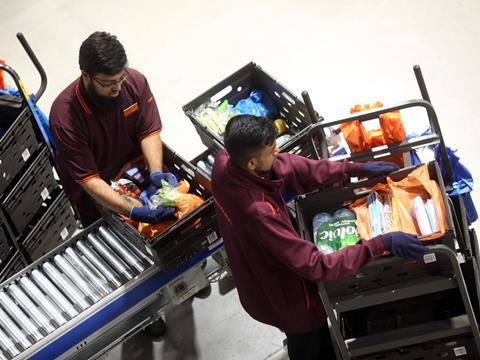
The soaring popularity of grocery delivery has left a £500m black hole in the profits of Britain’s biggest supermarkets which will worsen as more shoppers use the service.
Dan Murphy, a partner at global retail consultants Kurt Salmon, is warning that supermarkets are caught in an ‘Emperor’s new clothes’ scenario and have ‘blinded themselves to the reality’ of the loss-making nature of food delivery. ‘They lose between £5 and £7 on every order and the more orders they attract and more it grows the more they lose,’ he said. (The Daily Mail)
The recent takeover of Bernard Matthews will be scrutinised by the Work and Pensions select committee this week after concerns that the deal was “carefully crafted to dump the pension scheme” (The Telegraph). The report, which was commissioned by the select committee, estimates the pensions deficit is now worth around £20m and is likely to receive about 1p in the pound at best under the current arrangement. (BBC)
The British Retail Consortium is ramping up its pressure on the Government to ensure that Brexit trade talks are focused on keeping shop prices low for consumers once the UK leaves the European Union. (The Telegraph)
Bets against the pound have hit record highs and are expected to rise further as hedge funds, investors and other speculators see the pound falling to some of its lowest levels against the US dollar. (The Times £)
Anheuser-Busch InBev will wake up to the reality of its “Dream Big” mantra on Monday when the Stella Artois brewer’s £79bn takeover of smaller rival SABMiller completes, and the hard graft of delivering the returns promised to shareholders begins. (The Financial Times £)
“MegaBrew deal lifts Stella owner into a new galaxy”, writes The Times (£). Even after it has completed the sale of a big chunk of SABMiller businesses to satisfy regulators, it will account for one in four pints sold around the world and 45% of the industry’s profits.
The Times (£) looks at the “global gamble that paid off for SABMiller”, writing: “When South African Breweries moved its main stock market listing from Johannesburg to London 17 years ago to realise its ambition to become a global beer giant, Graham Mackay, its late chief executive, admitted that the company faced huge scepticism from the British investment community, which seemed to think that the business consisted largely of “dirty, scruffy, dusty operations out in the wilds of Africa”. (The Times £)
The Sunday Times (£) looks at the steady job Dave Lewis is doing turning around Tesco, under the headline “Drastic Dave takes the drama out of Tesco”. “Dull Dave is a better name for him now,” one City analyst said last week. “But that’s good. We’ve had enough drama.” (The Times £)
“Shopkeepers are raging over the revision of the business rate,” writes The Times (£). In the first review of the tax in seven years, companies in London and southeast England are expected to be hit with an increase in charges next April while businesses in the north of England are set enjoy a discount. (The Times £)
Families are sticking to a classic bowl of Weetabix despite the rise of bargain brand knock-offs. The breakfast favourite, which is made in Northamptonshire but is owned by Chinese firm Bright Food, continued to be the best-selling brand in the whole grain wheat cereal market and saw its market share rise to 9.9% from 9.5%. (The Daily Mail)
Household spending bounced back last month, with people splashing out on theatre trips, restaurants and holidays, according to new figures. UK consumer spending was up 2.4% year-on-year in September, having been broadly flat in August, said payments company Visa. That was the fastest growth since April. (The Guardian)
This week the Sussex-based Bolney Wine Estates will announce a £2m investment to fund further production through a new state-of-the-art winery and major expansion into the US, Scandinavia and Asia. (The Guardian)
Axa created shockwaves in May when the French insurer announced it would ditch €1.7bn of tobacco investments. The story for other sectors, such as the food industry, is different as investors can use their influence to bring about better behaviour rather than walk away from potential problems. (The Financial Times £)
The FT looks at the alcoholic drinks sector in India, where the growing trend for prohibition threatens one of the biggest untapped markets in the world. (The Financial Times £)







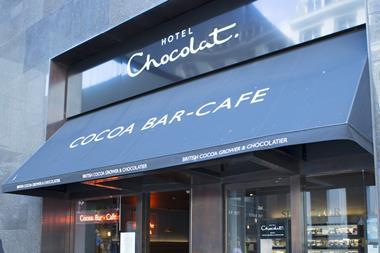
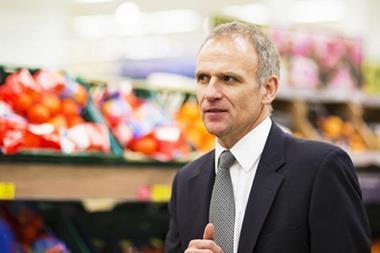
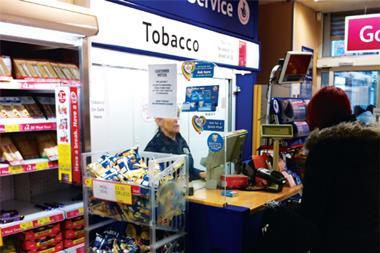
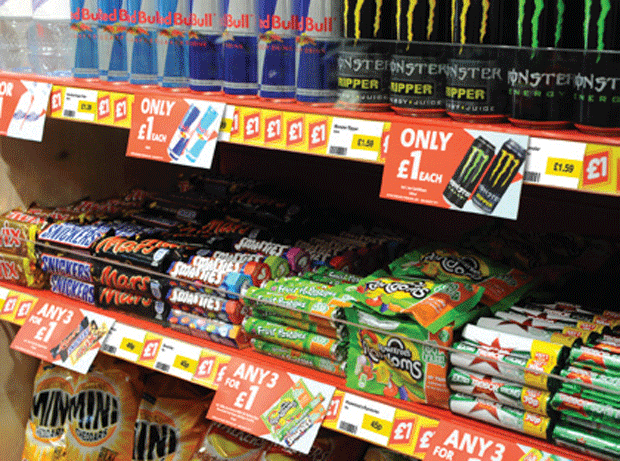
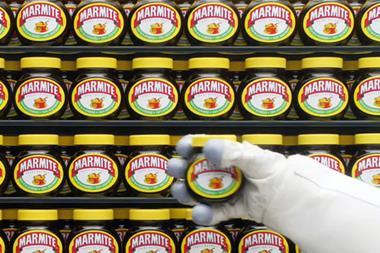
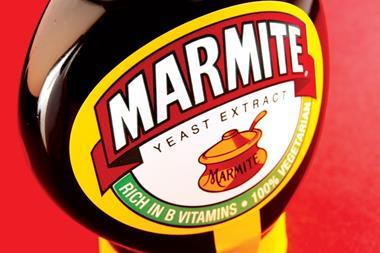
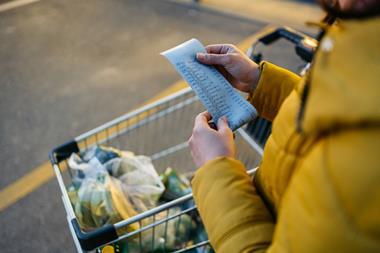





No comments yet